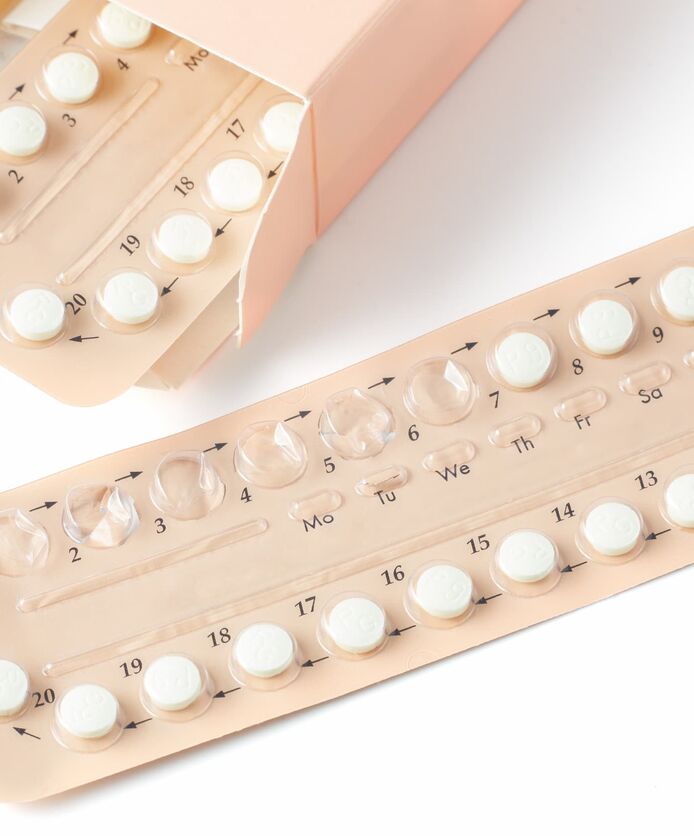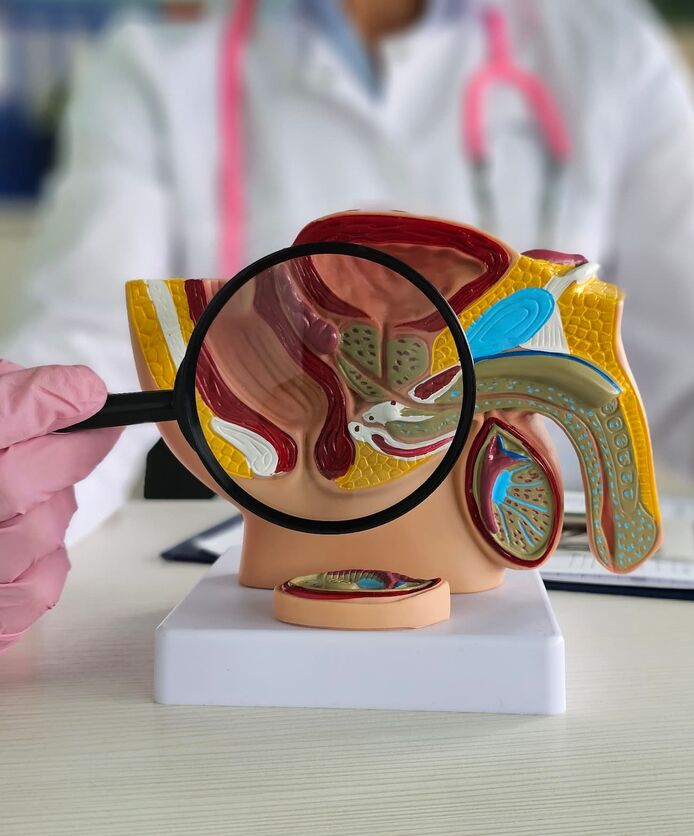- Home
- Online Doctor
- Weight Loss
- Orlistat (Generic Xenical)
Frequently asked questions
-
What is Orlistat and how does it aid weight loss?
Orlistat is a generic weight loss medication that blocks the absorption of dietary fat by about one-third, helping you lose weight. It's suitable for adults with a BMI of 30 or higher, or 28 or higher with other risk factors.
-
How does Orlistat compare to Xenical?
Orlistat contains the same active ingredient as Xenical but is available as a generic medication. Both work by blocking fat absorption in the gut, promoting weight loss when combined with a low-fat diet and exercise.
-
What are the common side effects of Orlistat?
Common side effects include abdominal pains, bloating, urgent bowel movements, and oily stools, especially after high-fat meals. Limiting fat intake to less than 15g per main meal can help reduce these side effects.
-
How often should Orlistat be taken, and when?
Orlistat can be taken up to three times daily with meals containing fat or up to one hour after eating. It's essential to avoid skipping doses and to maintain a consistent dosing schedule for optimal results.
-
Can Orlistat be used with alcohol?
Orlistat can be used with alcohol in moderation. However, it's crucial to follow a healthy lifestyle, including limiting alcohol intake, while taking Orlistat for weight loss.
Similar treatments
Latest Articles

Written by Sobia Qasim, Reviewed by Usma Parveen -
12th February 2025
Which contraceptive pill is best?

Written by Sobia Qasim, Reviewed by Usma Parveen -
12th February 2025
How to get rid of flu

Written by Sobia Qasim, Reviewed by Usma Parveen -
16th December 2024
What causes erectile dysfunction?

Written by Sobia Qasim, Reviewed by Usma Parveen -
16th December 2024
What are the symptoms of flu?

Written by Sobia Qasim, Reviewed by Usma Parveen -
12th December 2024
How to delay your period

Written by Sobia Qasim, Reviewed by Usma Parveen -
12th December 2024
